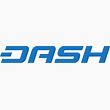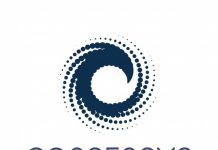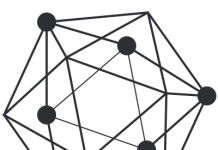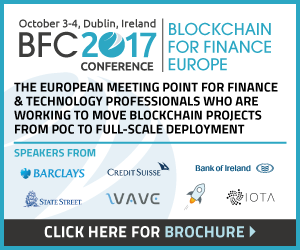TodaCorp and Algorand have announced that they will enter into a joint venture known as Toda-Algorand Corp. in order to deliver a decentralized transaction platform combining the ledger-less ease and scalability of cash payment systems with a flexible ledger-based technology. The platform will also enhance and incorporate the features of existing financial payment systems. The Toda-Algorand joint venture is capable of providing a digital representation for almost anything of value, including energy units which can subsequently enable a secure exchange inside and outside of the grid.
The Toda-Algorand platform is designed to have a throughput of over three million confirmed transactions per second and can serve over four billion users securely. It will combine blockchain, authored by Turing Award winner Silvio Micali, with secure decentralized on-chain ledger-less TODA protocol, co-authored by Toufi Saliba, to deliver an integrated, high-performance packaged solution. The Toda Protocol is in the process of pursuing ITU-T standards TODA-T for on-device global communication deployments beneath the OS on the same level as TCP/IP.
The open-source TODA protocol utilizes distributed computing and security as its proof of work or PoAW (Proof of Actual Work). TodaCorp designed and built the TODA framework, a cryptographic, ledgerless blockchain platform based on TODA protocol. Algorand is viewed as a highly efficient ledger-based blockchain utilizing a new approach called Cryptographic Sortation combined with a new algorithm for extremely fast Byzantine Agreement. Algorand requires a negligible amount of computation and generates a transaction history that does not fork with overwhelmingly high probability.
It is hoped that this will provide online transaction systems without infrastructure investments and without transaction fees. The platform will support real-time transactions and linear scalability. The efficiency and scalability of this platform is brought about due to its core decentralized and distributed architecture. With no miners, no databases and no server, there is little cost outside of the running of the system itself.
Micali, author and founder of Algorand, said: “Supporting secure, highly-concurrent transactions at a near-zero cost will democratize innovation in many sectors in a way that TCP/IP created essentially unlimited opportunities on the web”
Using this platform could provide nations and governments with a standards-based platform to power transactions in and outside of the country allows for secure systems safeguarded from corruption or error. Other blockchains and cryptocurrencies could benefit from increased levels of on-chain scaling and additional proofs of ownership in a variety of currencies, along with a decentralized exchange between blockchains. Businesses would similarly benefit from the increased scalability and flexibility of the platform.
Toufi Saliba, a co-author of the Toda Protocol, stated: “We have built and now licensing a technology framework and platform for everyone who sees value in decentralized governance and distributed computing to have their own public blockchain. This blockchain architecture is unstoppable. It will enable every connected device to participate in powering decentralized global finance and many other industries to follow.”








